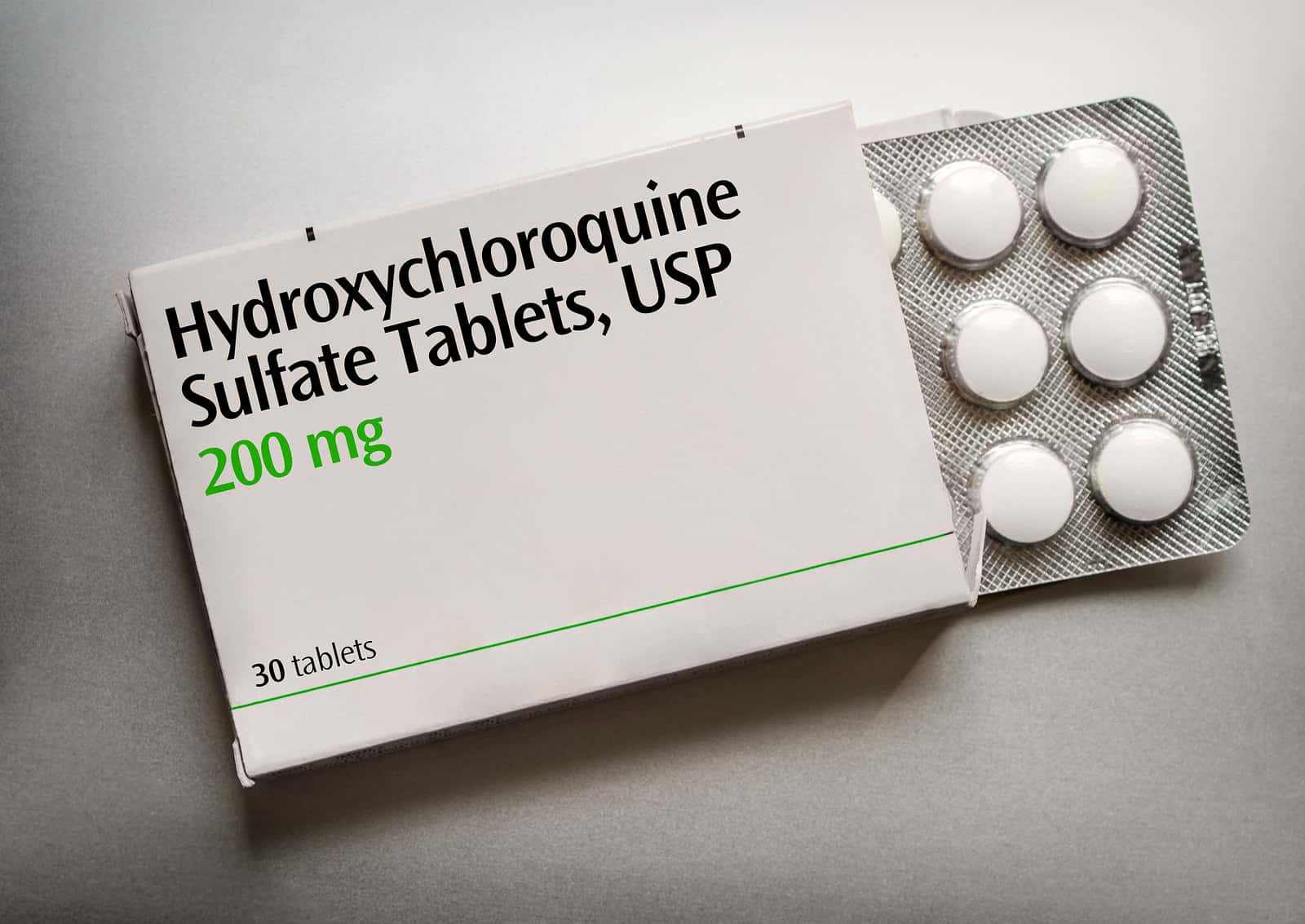
The malaria drug hydroxychloroquine (HCQ) remains a controversial treatment against COVID-19. On the other hand, rheumatologists prescribe it frequently for lupus patients. Experts consider it safe and effective as a treatment for the autoimmune disease systemic lupus erythematosus (Expert Opinion on Drug Safety, March 2017). HCQ can, however, damage the retina, with a risk of visual impairment (Nature Reviews. Rheumatology, Dec. 2018).
Do Lupus Patients on HCQ Catch COVID-19?
People have been arguing about the potential of hydroxychloroquine to prevent or treat COVID-19 for months. An enthusiastic early report of cases from a clinic in Marseilles, France, lacked any control arm for comparison (Travel Medicine and Infectious Disease, May-June 2020). It generated a great deal of attention for the drug, however. This created shortages. As a result, people taking the drug to treat their lupus or rheumatoid arthritis had a hard time getting their prescribed medications.
Advocates were disappointed that the first randomized controlled trial did not demonstrate HCQ efficacy for COVID-19. Other studies offered inconsistent findings that have muddled public perception. Some observational studies, like one conducted at Henry Ford Hospital in Detroit, Michigan, found a statistical advantage for patients treated with HCQ.
What Does the New Study Show?
A new study from Case Western Reserve asked whether this drug protects rheumatoid arthritis or lupus patients who have been taking HCQ to treat their conditions (Annals of the Rheumatic Diseases, Aug. 5, 2020). To answer this question, the researchers analyzed data from the medical records of 36 health systems. They compared lupus patients on HCQ to those not taking the medication. The analysis revealed that there was no difference in rates of COVID-19 infection between these two groups.
According to the authors,
“Hydroxychloroquine was not associated with COVID-19 prevention.”
In all probability, people will continue to debate the pros and cons of HCQ to protect people from COVID-19 infection. However, this study in lupus patients puts an extra mark in the negative side of the ledger.
Citations
- Ponticelli C & Moroni G, "Hydroxychloroquine in systemic lupus erythematosus (SLE)." Expert Opinion on Drug Safety, March 2017. DOI: 10.1080/14740338.2017.1269168
- Jorge A et al, "Hydroxychloroquine retinopathy - implications of research advances for rheumatology care." Nature Reviews. Rheumatology, Dec. 2018. DOI: 10.1038/s41584-018-0111-8
- Million M et al, "Early treatment of COVID-19 patients with hydroxychloroquine and azithromycin: A retrospective analysis of 1061 cases in Marseille, France." Travel Medicine and Infectious Disease, May-June 2020. DOI: 10.1016/j.tmaid.2020.101738
- Singer ME et al, "Hydroxychloroquine ineffective for COVID-19 prophylaxis in lupus and rheumatoid arthritis." Annals of the Rheumatic Diseases, Aug. 5, 2020. http://dx.doi.org/10.1136/annrheumdis-2020-218500

